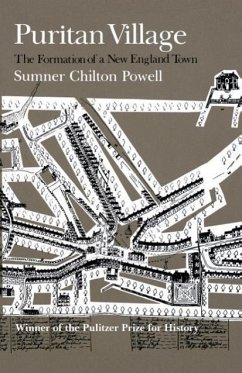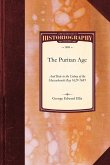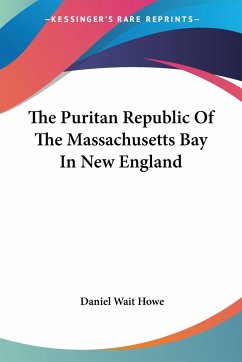An award-winning study of Puritans and the formation of their towns. Winner of the Pulitzer Prize for History (1964),and an award from the American Association for State and Local History (1963). "A meticulous and remarkably detailed account of the early government and social organization of the town of Sudbury, Massachusetts . . . The people and the events can be absorbing" -Time "Puritan Village is a model study of its kind." - Malcolm Freiberg, The American Historical Review SUMNER CHILTON POWELL is a 1946 graduate of Amherst and received a doctorate from Harvard ten years later. A teacher of history on the secondary level (Choate, Bernard School for Boys), he has done much experimental work in tape teaching. This book - his third, but his first for an adult audience - was the culmination of ten years' detective work among local records, archives, and private collections I the U.S. and England. It received the Pulitzer Prize for History in 1964.


![The Fathers of New England [microform]: a Chronicle of the Puritan Commonwealths The Fathers of New England [microform]: a Chronicle of the Puritan Commonwealths](https://bilder.buecher.de/produkte/65/65541/65541076m.jpg)





